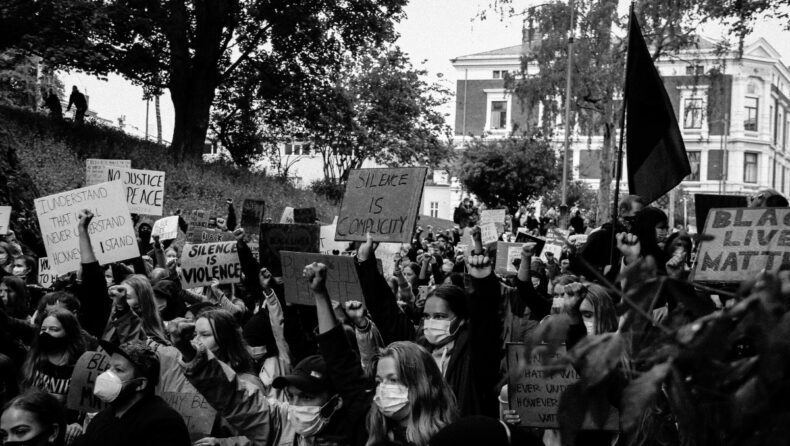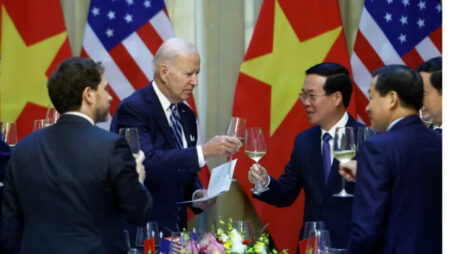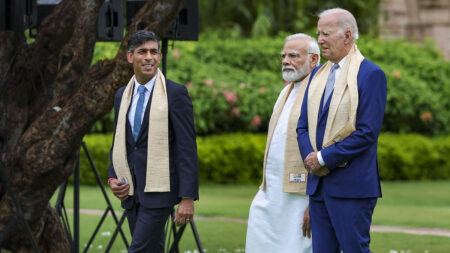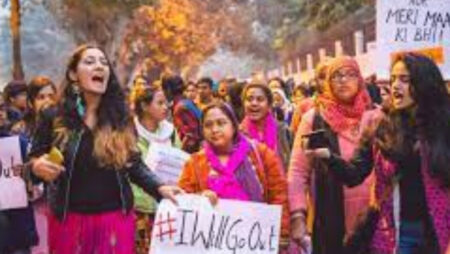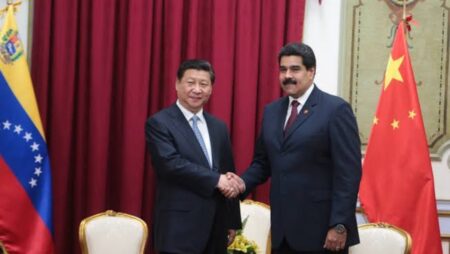In a dramatic and unprecedented display of force, residents of Cabañas, a primarily rural region in El Salvador, woke up to a scene of turmoil and tension as President Nayib Bukele unleashed a massive military operation targeting powerful criminal gangs. The primary targets were the notorious Barrio 18 and Mara Salvatrucha (MS-13) gangs, which have contributed to making El Salvador one of the deadliest countries in the world per capita.
The sheer magnitude of the operation left residents in shock as they witnessed 8,000 soldiers and police patrolling the streets, their presence dominating the otherwise serene landscapes. President Bukele’s decision to deploy such an overwhelming force was a clear signal of his administration’s unwavering commitment to tackling the deep-rooted issue of gang violence that has plagued the nation for years.
As the hunt for gang members intensified, fear and anticipation gripped the community. While some residents expressed relief and hope for improved security, others were concerned about potential human rights violations and the implications for civil liberties. Bukele’s aggressive approach to fighting crime has garnered both praise and criticism, as it raises questions about the balance between security measures and protecting democratic values.
Table of Contents
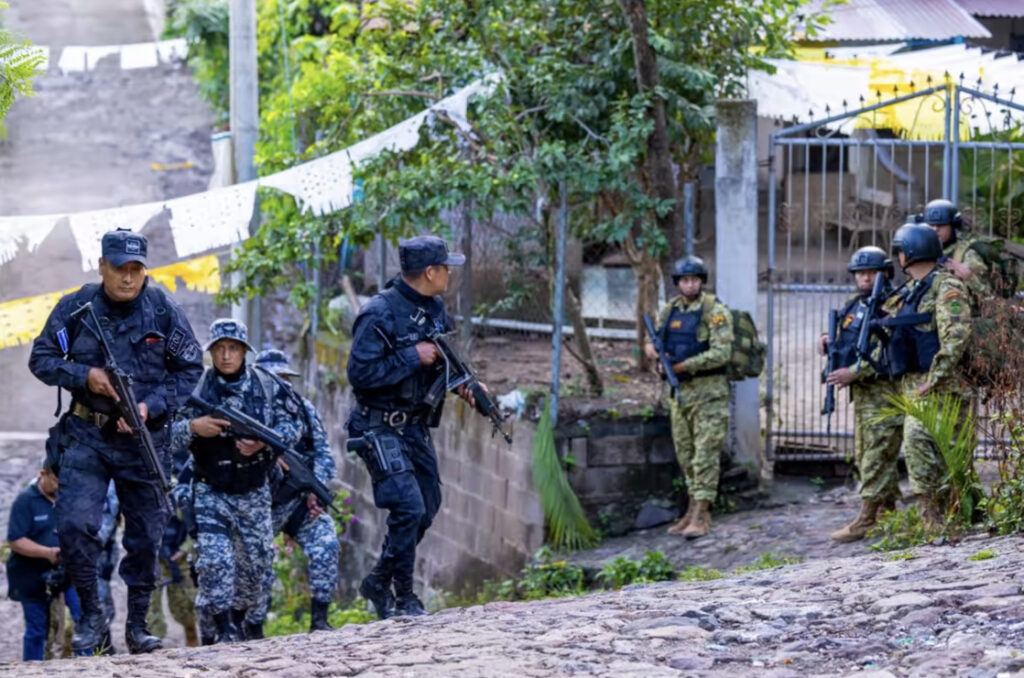
Bukele’s Severe Tactics and Popularity
Since assuming office in 2019, President Bukele has earned a reputation for his strong-arm tactics in combating gang violence. Despite criticism for his authoritarian approach, Bukele’s approval rating remains remarkably high, above 90%. His iron-fisted stance on security has won him, admirers, across Latin America, further boosting his ambitions for re-election in the upcoming elections.
Undermining Democracy and the Rule of Law in the Shadow of Gang Violence
While Bukele’s tactics have led to improved security in some areas, the overall impact on democracy and freedom in El Salvador is concerning. The Freedom in the World index recently downgraded the country from “free” to “partly free,” highlighting the erosion of democratic principles. Widespread corruption and a lack of physical security continue to challenge the country’s progress toward a more democratic society.
The State of Emergency and Human Rights Concerns
Bukele’s militarized response to gangs has not come without consequences. Reports of extrajudicial killings, arbitrary arrests, and harassment of social activists and media have raised human rights concerns both locally and internationally. The implementation of a state of emergency last year has led to mass trials and the wrongful linking of thousands of innocent people to gang activity.
Mixed Opinions on Bukele’s Leadership
As El Salvador grapples with economic challenges and declining foreign direct investment, opinions on Bukele’s leadership diverge. Some opposition candidates criticize the state of emergency, arguing that it stifles public dissent, while others in the private sector remain cautious about confronting the president. The tensions between security and economic development underscore the complexities of governance under Bukele’s rule.
Safety vs. Economic Concerns
Recent surveys indicate safety and security rank highest among El Salvadorian voters’ concerns. The crackdown on gangs, particularly in areas like Lourdes, has led to tangible improvements in residents’ daily lives. However, critics argue that the government’s singular focus on security has come at the expense of addressing crucial economic issues, leading to sluggish growth and limited foreign investment.
The Road Ahead: Balancing Security and Democracy
As the electoral tribunal considers validating Bukele’s candidacy for re-election, El Salvador faces a pivotal moment in its history. The upcoming elections will test the nation’s commitment to democracy and its ability to strike a delicate balance between security and upholding democratic principles. The world will closely monitor the outcome, as the future of El Salvador’s governance and international standing hang in the balance.
Conclusion
El Salvador’s President Nayib Bukele’s aggressive tactics against criminal gangs have generated both praise and criticism. While certain regions have experienced improved safety, concerns over human rights violations and democratic erosion persist. The country stands at a crossroads, facing economic challenges while grappling with issues of security and governance. As El Salvador heads into the upcoming elections, finding a balance between maintaining order and safeguarding democratic values remains a critical challenge. The international community will be closely observing the nation’s choices, as they will shape El Salvador’s future trajectory.







